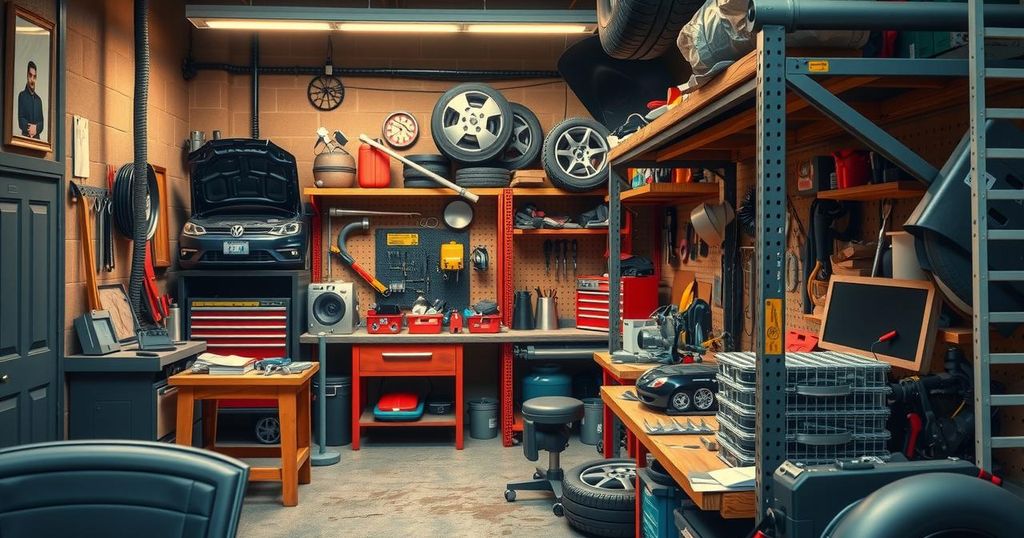Challenges Facing South Africa’s Small Auto Repair Businesses

South Africa’s small auto repair businesses are crucial to the economy but face serious challenges such as delayed payments and unfair practices. Juan Hanekom of SAMBRA calls for better support measures to ensure their sustainability and competitiveness. This support is vital for job creation, especially among youth, as the country grapples with high unemployment rates.
Small auto repair businesses are integral to South Africa’s motor body repair (MBR) sector, contributing significantly to the economy, job creation, and innovation. However, these enterprises face numerous challenges jeopardizing their sustainability. Juan Hanekom from the South African Motor Body Repairers’ Association (SAMBRA) advocates for improved measures to support small businesses, emphasizing ethical procurement and efficient payment terms as key areas for enhancement.
Small, medium, and micro enterprises (SMMEs) play a crucial role in South Africa’s automotive industry by fostering innovation and creating jobs. Current statistics from MIBCO highlight that 74.29% of the 2,030 registered MBR employers employ fewer than ten people, with 60.79% employing just one to five individuals. Hanekom underscores that these businesses are essential for meeting national production goals and enhancing competitiveness within the industry.
Despite their contributions, small businesses in the MBR sector are facing intensified pressures such as delayed payments, restrictive settlement terms, and unfair rebate clauses imposed by larger players. These issues limit cash flow and growth potential, sometimes leading to business closures. Hanekom emphasizes the need for stronger enforcement of ethical practices to ensure that small repairers are not disadvantaged in these scenarios.
He points out that as vehicle technology becomes more advanced, compliance costs also rise, exacerbating the financial strain on small businesses. Hanekom notes, “The reality is that with vehicle technology having become more complex, the cost burden of compliance has also increased…” He stresses the significance of providing SMMEs with financial stability and operational security as a pathway to an inclusive automotive industry.
The broader context reveals an ongoing employment crisis in South Africa, particularly affecting youth aged 15-34, with an unemployment rate of 44.6% in this demographic. Hanekom links the survival and expansion of small businesses in the MBR sector to job creation, indicating that supportive policies can generate employment opportunities in a nation grappling with high joblessness. SAMBRA expresses concerns that these challenges might be driving skilled artisans out of the industry, further impacting economic stability.
In summary, small auto repair businesses in South Africa are vital for economic growth and job creation, yet are currently facing significant challenges that threaten their survival. The need for enhanced support through ethical procurement practices and efficient payment structures is critical for their success. Addressing these issues can lead to improved employment opportunities and help retain qualified artisans in the industry, ultimately contributing to a more robust automotive sector.
Original Source: www.zawya.com




